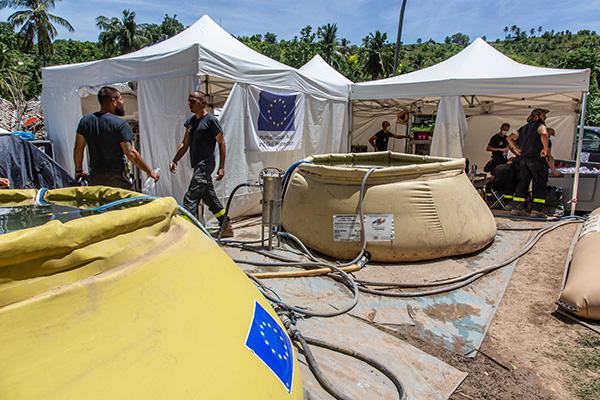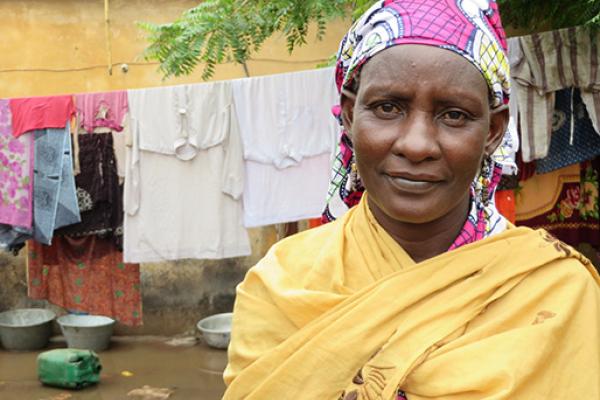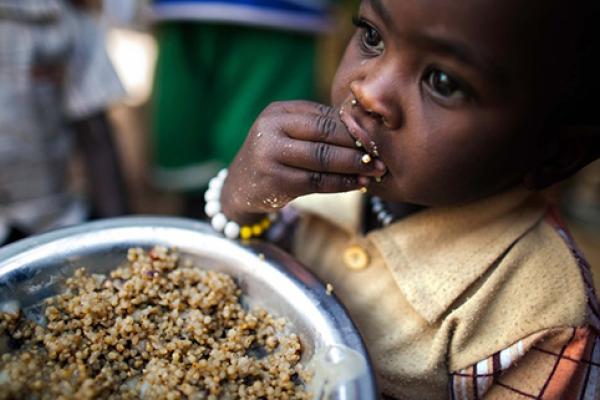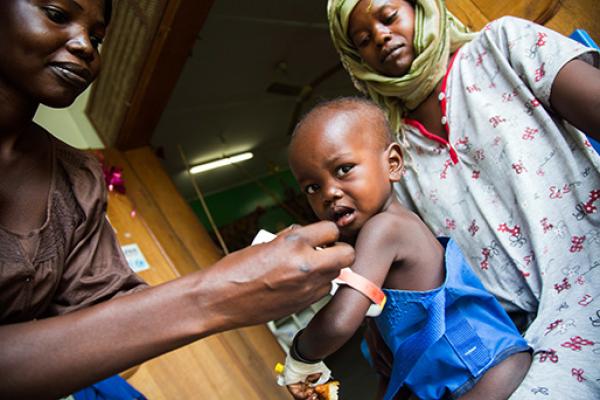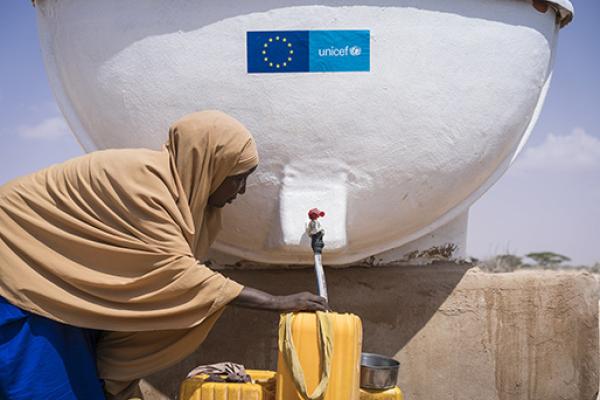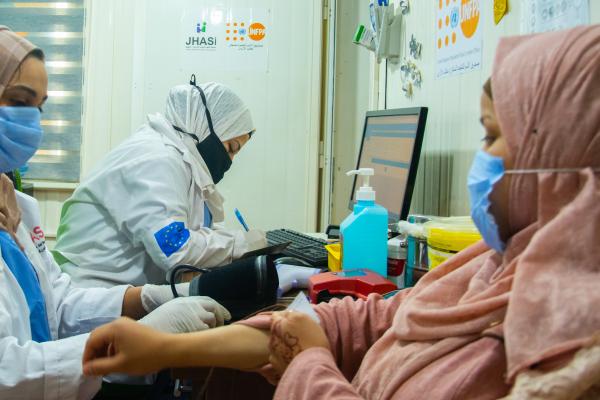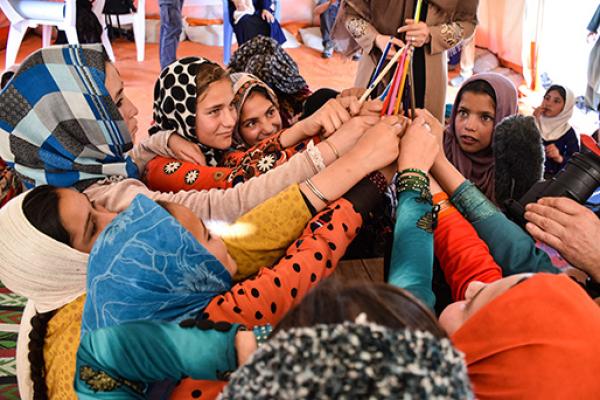
The European Commission has allocated €20 million in humanitarian aid to Haiti, where unprecedented levels of gang violence are dramatically increasing humanitarian needs country-wide for civilians.
The funding will help humanitarian partners to address the most urgent needs of the population, in terms of protection, food assistance, nutrition, water and sanitation and healthcare. A specific allocation will support education in emergencies, so children can still receive schooling despite the ongoing crisis.
With over €500 million allocated since 1994, Haiti is the main recipient of EU humanitarian aid in Latin America and the Caribbean.
The EU has provided humanitarian aid to victims of major crises in Haiti, including for the current humanitarian needs resulting from local violence, the effects of the 2021 earthquake, the COVID-19 pandemic, and food shortages and malnutrition in recent years.
Commissioner for Crisis Management, Janez Lenarčič, said: “We cannot remain indifferent as the humanitarian situation in Haiti sharply deteriorates. This new EU funding will help partners working in the field to provide urgent assistance to the most vulnerable populations.”
Background
The recent escalation of violence in several neighbourhoods in the capital Port-au-Prince has forced some additional 25,000 people to flee their homes. Nearly a third of them are school-age children.
Violence and looting are further hampering the population’s access to food and water supplies (large parts of the capital rely now on water trucking).
Some 362,000 people are currently displaced in the country Most of them live in spontaneous sites without access to basic services such as food, healthcare, water, sanitation and hygiene facilities.
Psychological support and protection are among the most urgent needs. There is specific concern about the impact of the violence on hospitals and health centres that are near to collapse. Lack of access to health and water may contribute to the spread of cholera, which resurfaced in the country in 2022.
Details
- Publication date
- 13 March 2024
- Author
- Directorate-General for European Civil Protection and Humanitarian Aid Operations (ECHO)

